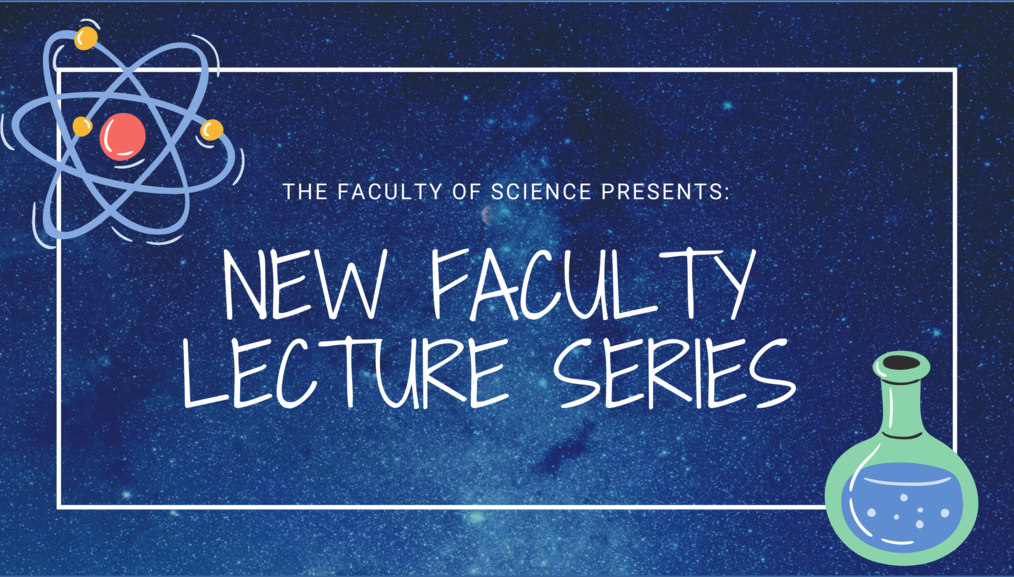
Come meet our newest faculty members
The Faculty of Science is proud to announce a new, complimentary online lecture series that highlights the incredible new talent in our midst. Over the coming months, we will be hosting a series of talks from a wide range of topics that introduce you to our latest lecturers, researchers and future stars of the Faculty.
These talks are open to alumni, friends, faculty, staff and the greater UW community.
Andrea Brookfield, Assistant Professor, Department of Earth & Environmental Sciences
Supporting Sustainable Water Management Decisions with Science
Water is essential to life; we need it to drink, to grow our food, and to support our environment. Our quality of life is dependent on water to support natural resource extraction, and manufacturing and distribution of goods. Water is also a finite resource; we cannot create more water. With a growing population, and the subsequent growing demand for water, it is important to manage water resources with sustainability in mind. How will our actions today affect water availability and quality in the future? How can we balance competing demands for water? How do we assess the benefits of water between competing demands? What is the value of water?
In assessing these questions, it becomes apparent that water management is fundamentally interdisciplinary. It is often driven by economics, limited by hydrology/hydrogeology, and further constrained by existing institutions, social structure and policies. Water management strategies can vary from a single regulation governing who can or cannot use water, to infrastructure projects like dams and reservoirs that provide large regions with water and protect them from floods. No matter the size, extent, or political backdrop of a water management strategy, decisions informed by science are critical to ensuring water security and sustainability.
We will walk through a series of water management decisions made in an agricultural basin where water is scarce and the economic impact of drought is severe, highlighting research that identifies and quantifies how water management strategies, particularly reservoir management, surface diversions, and groundwater extraction can have cascading effects throughout the hydrologic system. Using theoretical development, observational data analyses, and analytical and numerical models we can assess the impacts of past and future water management decisions at a variety of scales. We will also discuss what lessons can be learnt to prevent a similar fate in basins undergoing expansion of water use, emphasizing the need for holistic water management approaches that are informed by science, and that consider the implications of decisions on the greater anthropogenic and environmental systems.
Dr. Brookfield’s interests include the development and use of efficient yet effective numerical tools for resource management. Primarily, she studies the use of hydrological models to simulate flow and contaminant transport, including the thermal regime, for prediction, management, and process investigation. Her research emphasizes the holistic nature of all natural and engineered systems, seeking to balance competing water demands, such as energy production, and agricultural and urban development to maintain economic, social, and environmental stability.
A link to this zoom webinar will be sent upon registration. Per webinar format, only UW hosts and lecturer will on video and audio.